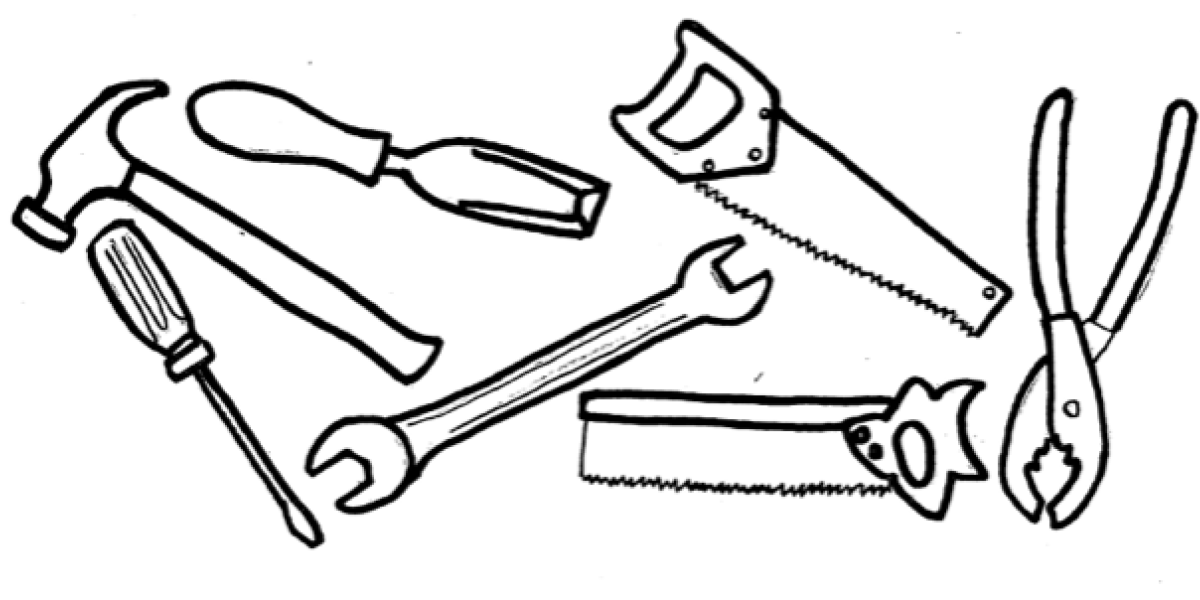Why Clachworks?
Who would have guessed two years ago that craft, DIY and gardening would have exploded the way they did over the course of the pandemic. As a crafter myself, it’s been great to see people realising the joys of working with their hands and discovering that mindfulness doesn’t just have to come in the form of yoga, meditation or essential oils (not that there’s anything wrong with them) but that making, remaking and repairing things can be so good for your mental health.
My mum is an incredible gardener, but most importantly it’s helped her get through some tough times. She once told me why it works for her so well: the magic of (hobby) gardening is that everything you do will make a difference, but none of it really matters in the end. I make jewellery and things out of ‘waste’ materials, and I get the same sense of peace from that. At a time when so much is at stake in the world around us, creating things that are meaningful to me (and perhaps only me!) has helped salve my soul at times.
But if the pandemic has taught us anything, it’s that we’re not on a level playing field. Not everyone has a garden to germinate seeds in, or space to create a messy project that might go nowhere. Many of the tools or skills we need to get involved in gardening, craft or DIY are too expensive for many, and as many of us in Inverness now know, space to live -- let alone store tools -- in has become a premium. And, anyone who’s tried their hand at any of these activities will know the amount of waste that’s often involved.
That’s where Clachworks comes in. We believe that the tools, skills and resources needed to create and repair things shouldn’t cost the earth (literally) and should be accessible to all. To this end, we have plans to open a community space for making and remaking that we hope will (eventually) include a tool library, repair service, open-access workshop space, series of classes, community garden, and cafe. I know what you’re thinking -- pretty ambitious! But then, with the scale of the problems around us, I think we need some ambitious thinking, no?
In other words, Clachworks believes that a transition to the circular economy, and more importantly accepting the importance of degrowth, is vital to counter climate breakdown. But Clachworks also believes that degrowth models must at the same time be decolonial if they are to achieve real social, economic and environmental justice. This extends to ways of thinking about labour, production, the use of resources and the building of community. For more on these terms, check out some of our other blog posts.
By Lauren Pyott
